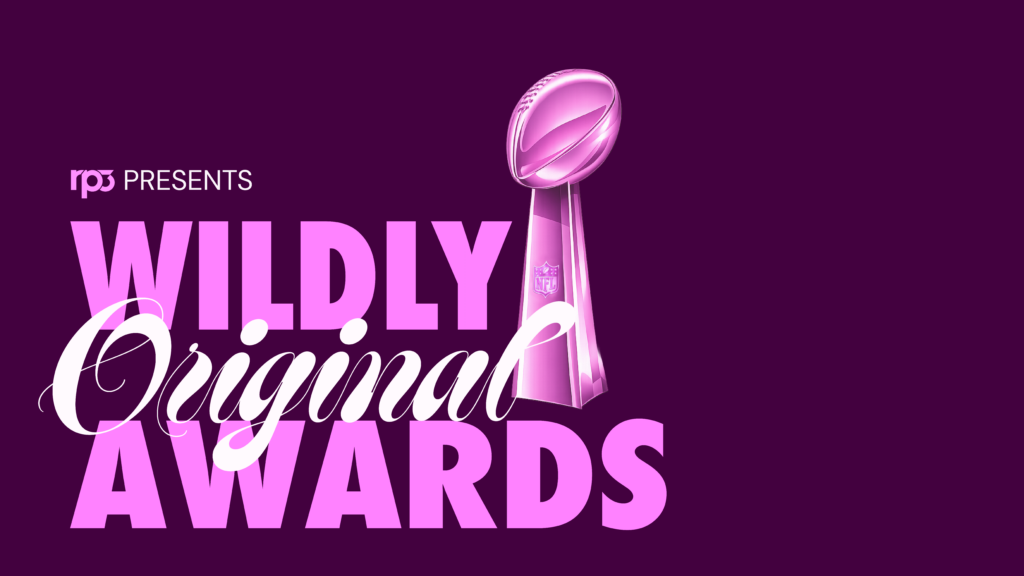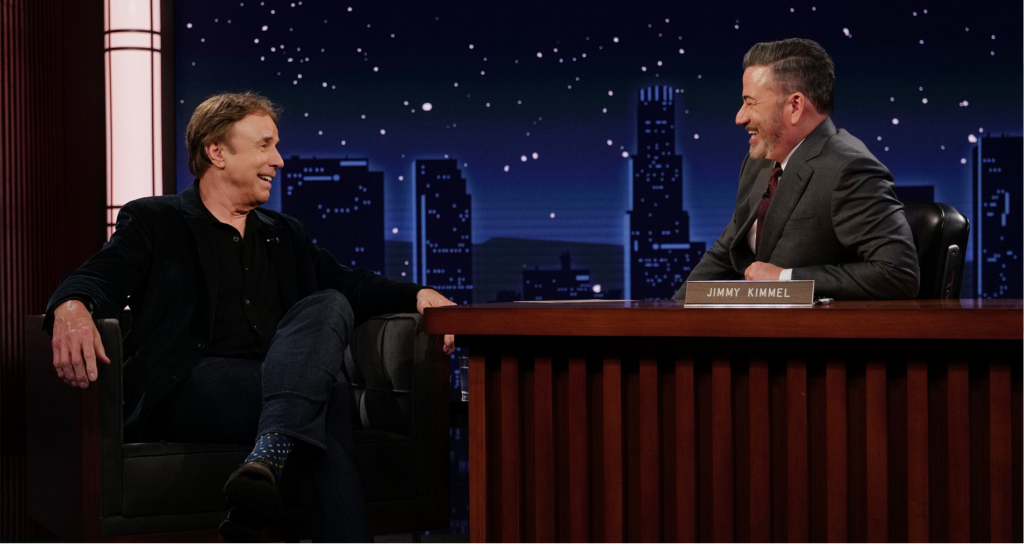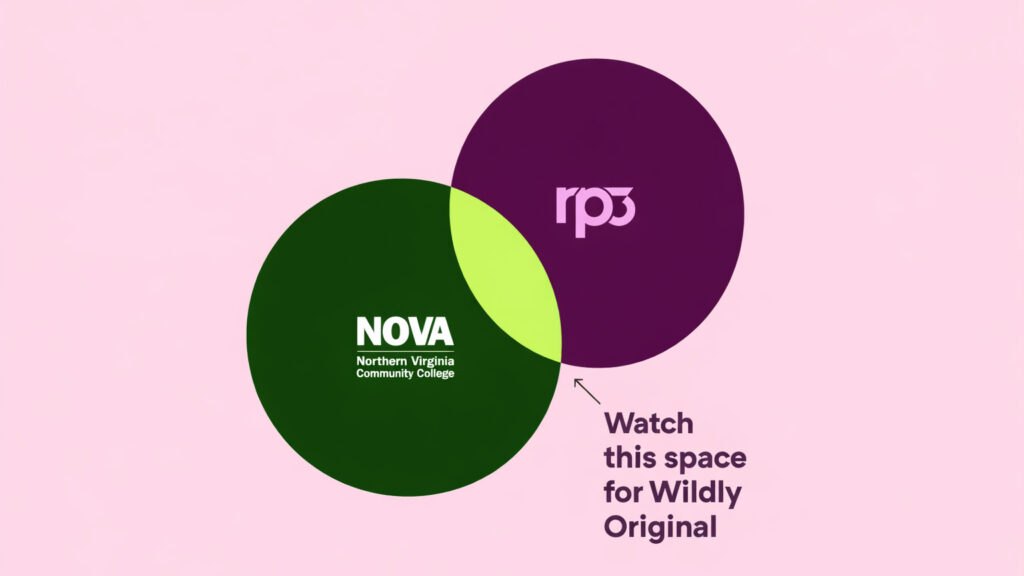
How Gen-Z’s View On Individuality Impacts Their Relationship With Brands
By: Anna Bridgforth
Born between 1997 and 2013, Gen-Z is the most educated, racially diverse, and impactful generation ever. Known for being digital natives, social media mavericks, and social activists, Gen-Z has changed the game for marketers across every industry. But perhaps the most definable and pivotal trait of this revolutionary generation that marketers need to understand if they hope to engage them is their strong sense of individual identity.
Defining their identities on their own terms
Traditionally, people have defined their identities based on standard demographics (location, occupation, religion, race, gender, etc.) that helped them fit in and find belonging with similar social groups. But growing up in a globally connected world where physical location no longer limits the ideas, communities, and ways of thinking they’re exposed to, Gen-Z has developed a much more varied and nuanced idea of what constitutes identity.
With the world at their fingertips and an unlimited number of micro-communities to belong to, Gen-Zers are increasingly embracing what makes them unique as an individual rather than what makes them the same as those around them.
The surging popularity of the #MeCore trend on TikTok in 2023, which currently has 1.9 billion views, is a perfect example of how this plays out. TikTokers complied clips, curated to express one’s specific mood or identity in a somewhat unhinged and ironic fashion. The trend is about being authentic, unapologetic, and true to oneself.
Instead of subscribing to society’s labels, Gen-Z is looking inward at their own passions, experiences, and interests. They’re rejecting traditional systems of identity and creating new, wholly unique ones. While challenging the status quo is nothing new for a generation coming of age, celebrating individual differences on a peer-to-peer level is. In other words, it’s cool to be different.
It’s all about the individual, not the brand
A study conducted by Relative Insight asked Gen-Zers and Millennials to name brands they relate to. Millennials identified brands that they’ve bought from or aspired to (Zara, Gucci, Asos, etc.) whereas, Gen-Zers were 29x more likely to discuss their own personal brand first, using adjectives like “effortless” and “chic”. They cared much more about defining themselves by their own unique style or aesthetic rather than particular brands.
Gen-Z wants brands to help them express their individuality
Look at the popularity of the “Spotify Wrapped” annual campaigns, which present users with a sharable, personalized summary of their yearly listening habits. The personalized experience allows Gen-Zers to reflect on their individual musical journey, and because they are able to share it with others, Spotify gives Gen-Zers a way to express the authentic and unique aspects of their identity. They’re not sharing their Spotify Wrapped reports because they want to show the world that they’re a Spotify user. They’re sharing them because of what those personalized reports say about them as individuals, and Spotify is the conduit for them to do so.
In 2019, TInder partnered with GLAAD to introduce a new feature to help users “truly shine and be their most authentic selves,” adding more information about their sexual orientation on their profiles. Instead of forcing users to choose between a limited set of options, the new feature allows users to select up to three terms that best describe their sexual orientation, and it is totally up to the individual whether they want to include that information on their profile or not.
Brand loyalty isn’t dead, it just looks different when it comes to Gen-Z. They’re not attracted to brands because of their labels, but rather, if a brand can be used to portray their own curated aesthetic and personal brand. They want to stand out, not fit in. Brands hoping to capture the attention of Gen-Z must find ways to help these consumers express the nuances of their personal identity that make them unique.
Coming up
In the rest of this series, we explore how Gen-Z’s strong sense of individual identity impacts their desires and expectations from brands and what brands can do to better connect with this influential generation, so stay tuned.
Let's make some good.
Drop us a line



